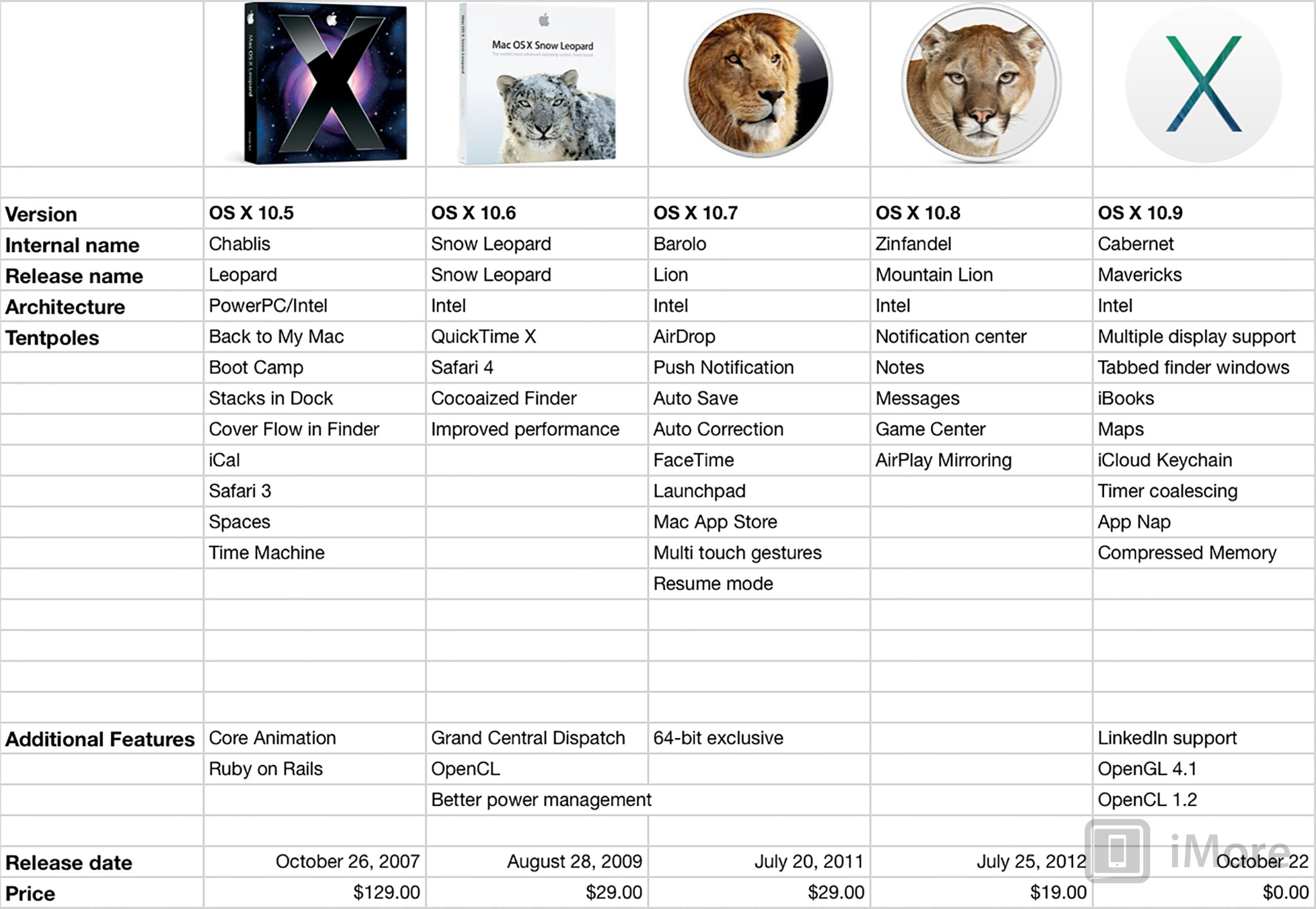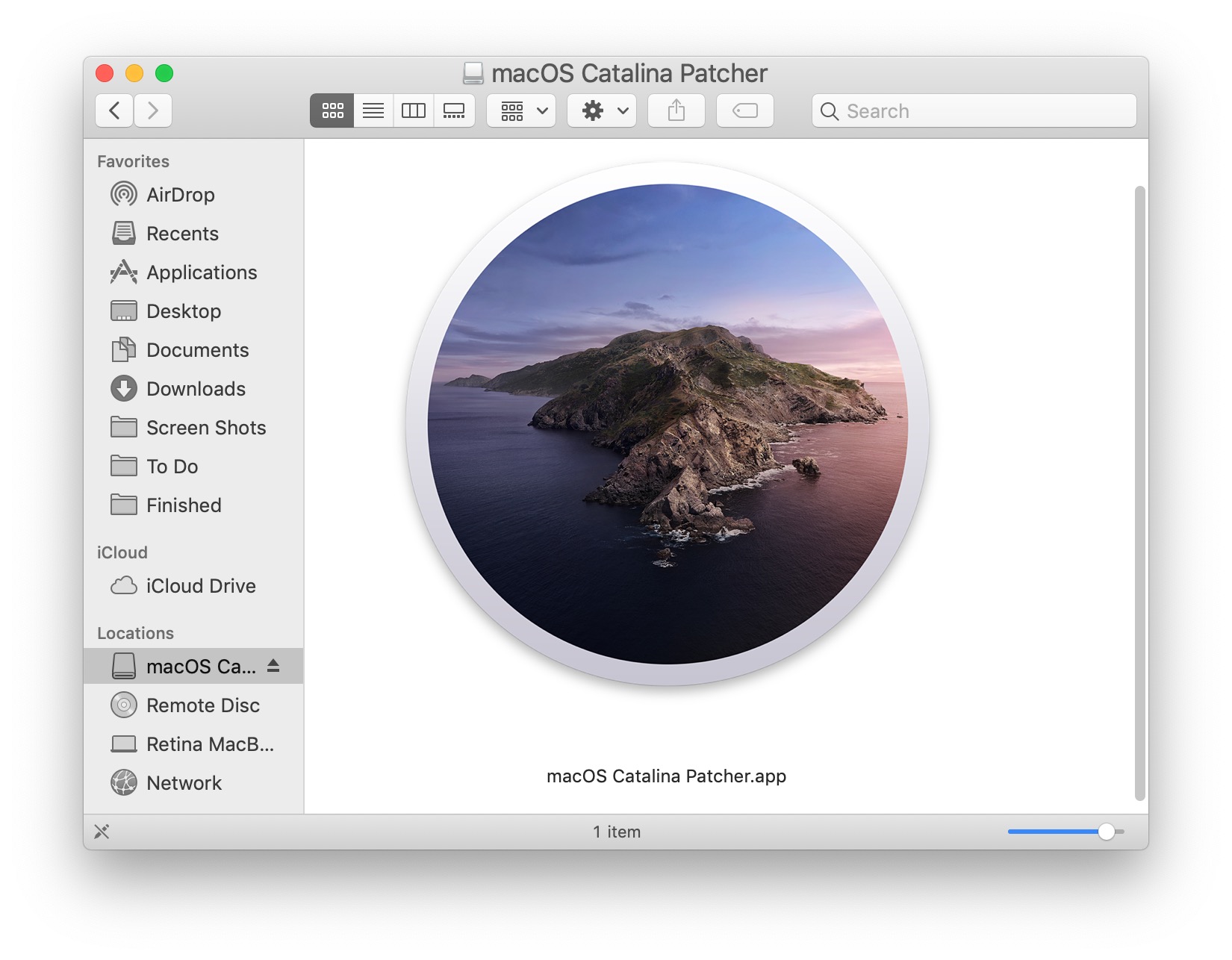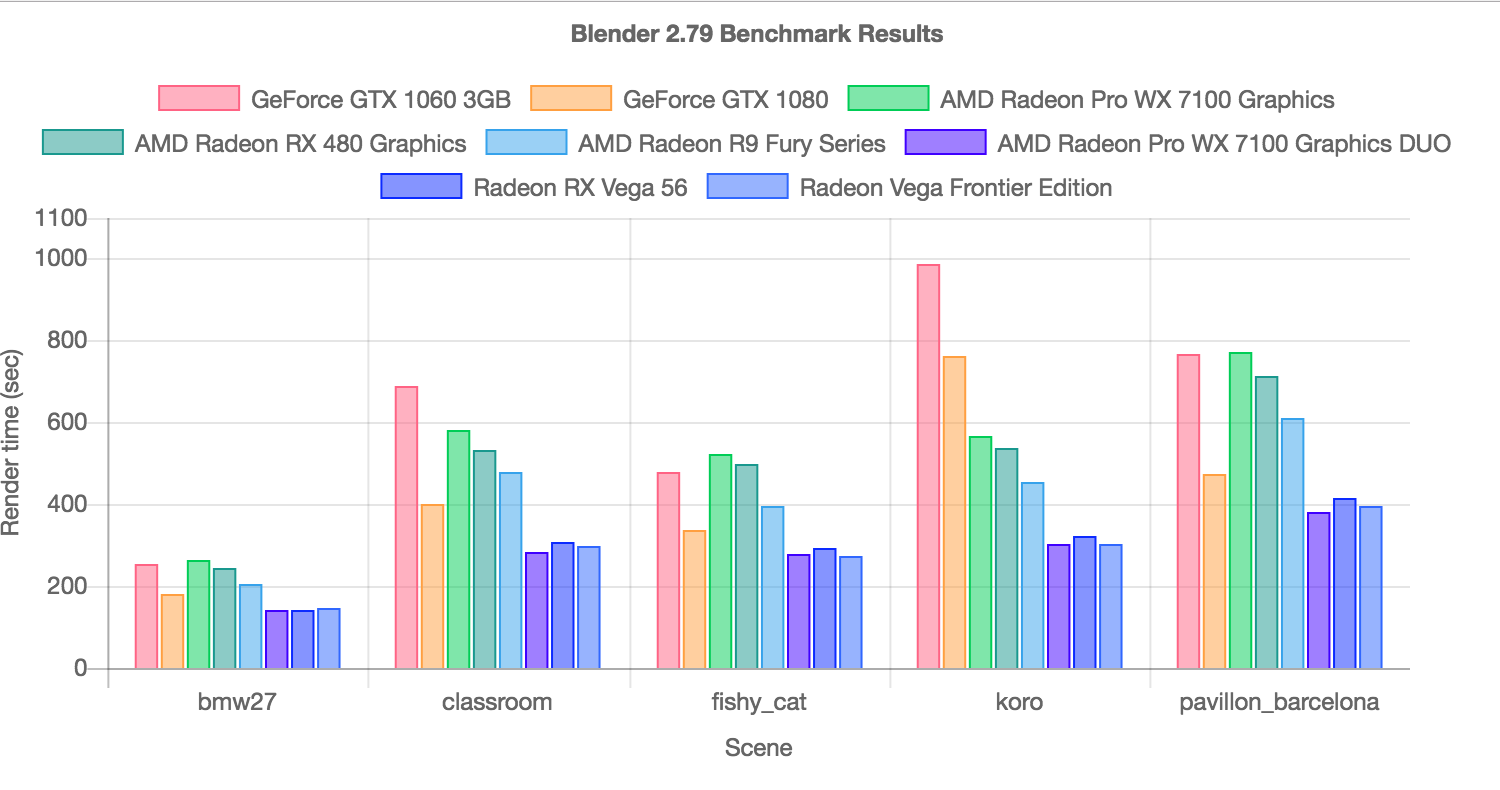- •Applications•Where it's
used - •Hardware•Specs and
reviews - •Programming•Algorithms and
techniques - •Resources•Source codes,
tutorial, books, etc. - •Tools•GPU
services
Opencl os x free download. Tor Browser Tor Browser enables you to use Tor on Windows, Mac OS X, or Linux without needing to install any sof. Starting OpenCL on Visual Studio and It's Configuration. OpenCL comes as a runtime environment and has to be installed on your target machine, no matter if you are using Windows or Linux. For Mac OS X, OpenCL is already part of the system, so there is nothing to install there. OS X version 10.7 Lion combines a proven UNIX® foundation with the easy-to-use Mac interface, bringing multicore technology and 64-bit power to the mass market. With powerful technologies such as Grand Central Dispatch (GCD), OpenCL, and IPv6.
OpenGL for Macintosh enables your computer to display three-dimensional graphics using applications designed to take advantage of OpenGL. Mac Games are more real, more powerful and more fun. Mac OS 10.6; Drivers. As of June 2013, four major companies have developed desktop drivers for OpenCL: NVidia, AMD, Apple and Intel. OpenCL is also becoming an interface for other computer architectures going forward. For Mac OS X 10 the OpenCL drivers are part of the operating system, but for Windows these drivers are installed as part of the.
Download Mac Os X Free
@article{apple2013opencl,title={OpenCL Programming Guide for Mac},
year={2013}
}
Related
Recent source codes
FlowPM: Distributed TensorFlow Implementation of the FastPM Cosmological N-body Solver
Hummingbird: a library for compiling trained traditional ML models into tensor computations

Bempp-cl: A fast Python based just-in-time compiling boundary element library

Deep Learning for Digital Asset Limit Order Books
Dream to Control
visrec-api: specification of standard Visual Recognition API for Java (JSR381)
LoopBench: An Evaluation of Loop Acceleration in Heterogeneous Systems
GemmKernels: Flexible and performant GEMM kernels in Julia
Accelerating Sparse Matrix-Matrix Multiplication with GPU Tensor Cores
Extending High-Level Synthesis for Task-Parallel Programs

Most viewed papers (last 30 days)
Featured events
The 18th International Conference on High Performance Computing & Simulation (HPCS), 2020
The Fifth International Workshop on GPU Computing and AI (GCA), 2020

2nd International Conference on Frontiers of Intelligent Manufacturing and Automation (CFIMA’21), 2021

International Conference on Cyber Physical Systems and IoT (CPSIOT’20), 2020
International Conference on Wireless Networks and Embedded Systems (ICWNES’20), 2020
Important:OpenCL was deprecated in macOS 10.14. To create high-performance code on GPUs, use the Metal framework instead. See Metal.
Important OpenCL was deprecated in macOS 10.14. To create high-performance code on GPUs, use the Metal framework instead. See Metal.
Opencl 1.2 Download
OpenCL™ (Open Computing Language) is an open standard for cross-platform, programming of modern highly-parallel processor architectures. Introduced with OS X v10.6, OpenCL consists of a C99-based programming language designed for parallelism, a powerful scheduling API, and a flexible runtime that executes kernels on the CPU or GPU. OpenCL lets your application harness the computing power of these processors to improve performance and deliver new features based on compute-intensive algorithms.
In addition to support for the OpenCL 1.1 standard, OS X v10.7 adds integration between OpenCL, Grand Central Dispatch (GCD), and Xcode to make it even easier to use OpenCL in your application.
At a Glance
Using OpenCL is easier than ever as of OS X v10.7:
OpenCL is fully supported by Xcode. The Xcode offline compiler removes a configuration step that used to have to be performed before the kernel could be run and facilitates debugging earlier in the development process. See Hello World!.
You can write OpenCL functions in separate files and include them in your Xcode project. You can compile the kernels when your application is built, before it runs. This improves runtime performance.
OpenCL now integrates with GCD, making it easier for you to focus on making your OpenCL kernels more efficient. See Using Grand Central Dispatch With OpenCL.
The autovectorizer compiles and accelerates performance of kernels that run on the CPU up to four times without additional effort. The autovectorizer allows you to write one kernel that runs efficiently on both a CPU and a GPU. You can invoke the autovectorizer regardless of whether you are compiling from Xcode or building the kernels at runtime. Or you can disable the autovectorizer if necessary. See Autovectorizer.
You can, of course, continue to use code you’ve already written to the OpenCL 1.1 standard. But see Binary Compatibility Of OpenCL Kernels for a note about how to handle existing binaries.
Because OpenCL C is based on C99, you are free to process your data in OpenCL C functions as you would in C with few limitations. Aside from support for recursion and function pointers, there are not many language features that C has that OpenCL C doesn’t have. In fact, OpenCL C provides several beneficial features that the C programming language does not offer natively, such as optimized image access functions. OpenCL C has built-in support for vector intrinsics and offers vector data types. The operators in OpenCL C are overloaded, and performing arithmetic between vector data types is syntactically equivalent to performing arithmetic between scalar values. Refer to the The OpenCL Specification for more details on the built-in functions and facilities of the OpenCL C language.
Prerequisites
This guide assumes that you program in C and have access to The OpenCL Specification. Although this guide discusses many key OpenCL API functions, it does not provide detailed information on the OpenCL API or the OpenCL C programming language.
See Also
The OpenCL Specification, available from the Khronos Group at http://www.khronos.org/registry/cl/ provides information on the OpenCL standard.
The OpenCL Programming Guide by Aaftab Munshi, Benedict Gaster, Timothy G. Mattson, James Fung, and Dan Ginsburg, available from Pearson Education, Inc., is a helpful introduction to the OpenCL language and standard; these topics are not discussed in this book.
For more information about Grand Central Dispatch queues, see Concurrency Programming Guide: Dispatch Queues.
Copyright © 2018 Apple Inc. All Rights Reserved. Terms of Use | Privacy Policy | Updated: 2018-06-04

Comments are closed.